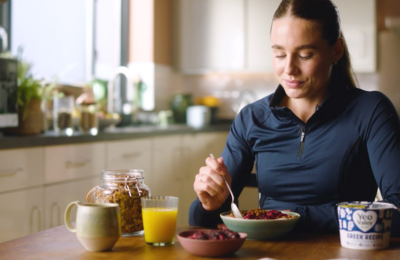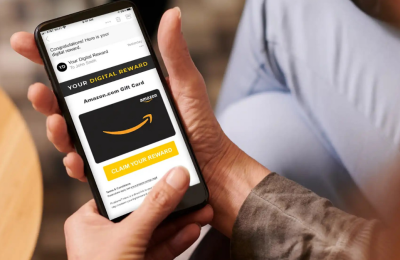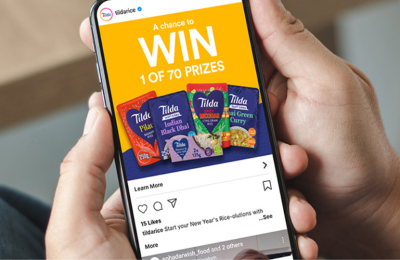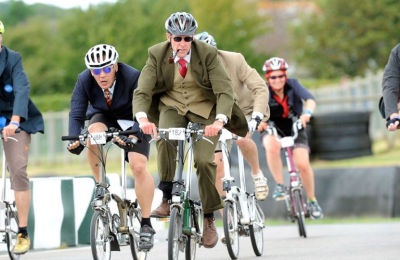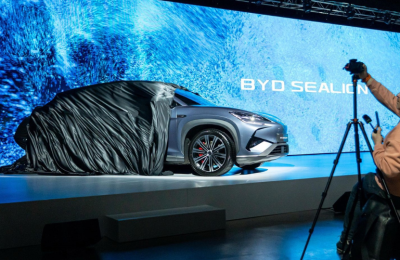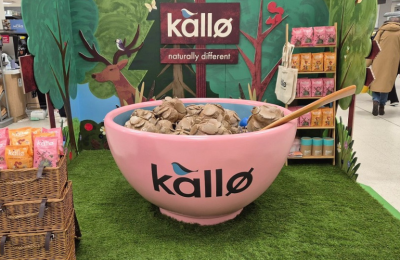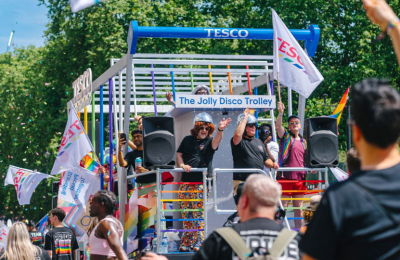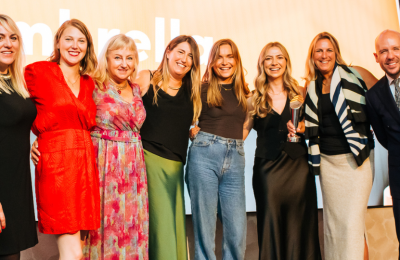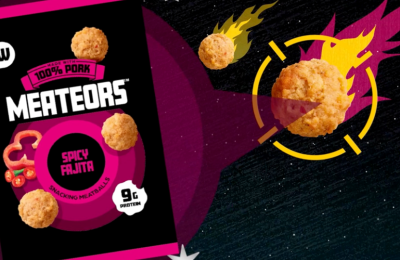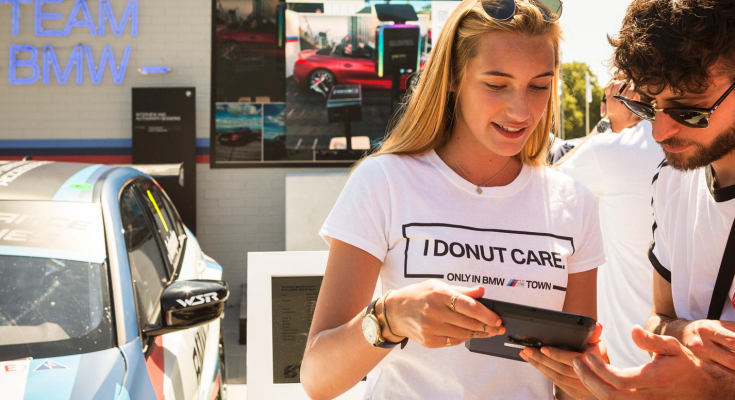Chris Wareham, Managing Director at Mash Staffing, shares how brand experience is reshaping retail to create better connections with consumers.
Experiential is a relatively new concept in the history of marketing, emerging only 15 or so years ago with the integration of event and promotional marketing, as well as a growing awareness of the effect that immersive brand experience can have on a consumer. While digital marketing may be the headline grabber in terms of growth, experiential has steadily become more recognised as a key discipline within the marketing mix.
And now the concept of experiential seems to be spreading its wings further.
It is well known that the retail industry has been suffering from a perfect storm of rising e-commerce, high business rates, corporate landlords, declining consumer confidence and changing demand led by a trend for experiences over things. Many big name retailers have fallen, or have been forced to significantly scale back.
But some retailers are riding this storm – and it seems that the introduction of experiential within the retail environment is one of the principal reasons for this.
In 2014 Waterstones was in trouble – its attempts to compete with Amazon on the same terms (lowering prices, introducing their own ebooks) wasn’t working. So the book store changed direction, and started offering what Amazon couldn’t – passionate, well informed staff; appealing environments; literary inspired events like Harry Potter Nights; and titles stocked to meet local demand. And five years on, the retailer is turning a healthy profit.
More and more retailers are tuning in to the idea of giving shoppers something they can’t get online, and the term retail experience has grown across the industry. Brands are getting involved too – working in partnership with retailers to connect directly with customers. We run Lavazza’s in-store demonstrator programme, and understand the huge difference that a one-on-one brand experience can make.
But some brands are now taking this concept even further.
Samsung’s new experience space at Coal Drops Yard in Kings Cross – Samsung KX – is redefining the traditional retail concept – and as their staffing partner, we’ve been directly involved. Sales targets don’t feature; our staff are purely tasked with curating bespoke experiences for visitors and bringing Samsung technologies to life.
The merging of retail and experiential hasn’t only moved in one direction for Samsung. On a recent experiential marketing campaign we trialed selling product directly from the stand, and made a credible number of sales. Not only does this help justify the campaign from a budget point of view, it also meets consumer demand – reflecting our ‘now’ culture and delivering ultra convenience.
Currently, Samsung KX is an exceptional example of how brand experience is shaping retail. But as e-commerce becomes ever more sophisticated, and new generations grow up without the tradition of High Street shopping, it is not too difficult to imagine retail spaces falling further under the remit of a brand’s marketing department.
Staffing the future of retail
The more value you place on the interaction between consumer and in-store worker, the greater the spotlight you shine on the person delivering that experience.
We have been able to use our expertise in experiential marketing to help brands and retailers deliver brand experiences in store. For some clients – like Nike and Lee Jeans – our team provide training for in-store staff. For others – like Lavazza, GHD and Beats – we provide brand experts to work in-store, building brand presence and directly helping to meet sales targets.
If you would like to find out more about Mash Staffing, get in touch with Rachael Staples at rachaels@mashstaffing.com


